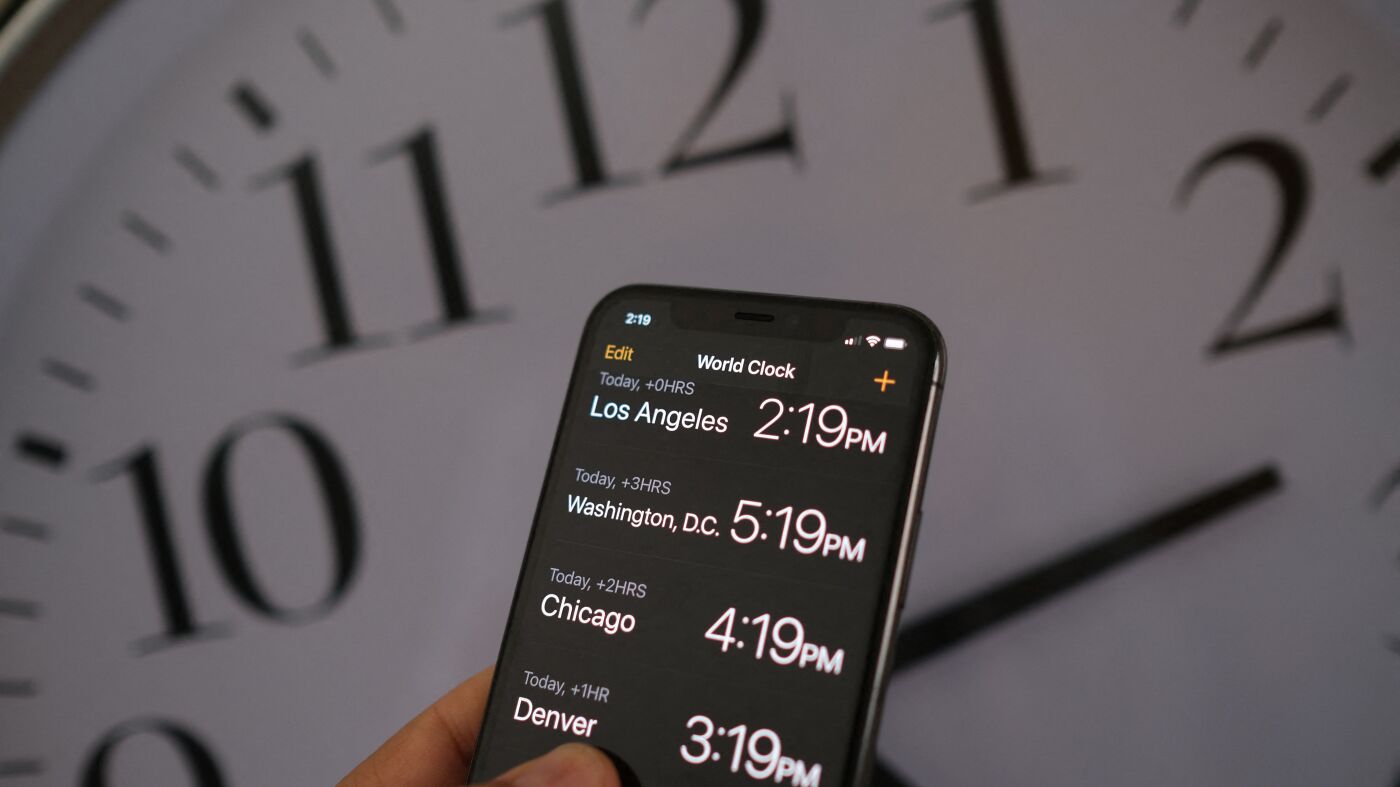Debate Rekindled: The Push for Permanent Daylight Saving Time
In a renewed call to action, former President Donald Trump has urged Congress to pass legislation to establish daylight saving time permanently. This move, if successful, would eliminate the biannual clock changes that have sparked debate for decades in the United States.
Trump voiced his support for the initiative on Truth Social, stating, “Both the House and Senate should push hard for more Daylight at the end of a day.” He emphasized the popularity of the idea and criticized the current system as a “big inconvenience” and a “VERY COSTLY EVENT!!!” for the government. You can read his full post here.
The discussion around daylight saving time has gained momentum with the reintroduction of the Sunshine Protection Act in Congress. The bill, brought forward in the House and Senate by Florida Republicans Rep. Vern Buchanan and Sen. Rick Scott, has seen previous support from former Sen. Marco Rubio, who initially proposed it in 2018 and again in 2021. While the Senate passed the bill in 2022, it stalled in the House. For more details on the bill, visit the House and Senate links.
Currently, every U.S. state except Hawaii and Arizona, excluding the Navajo Nation portion, observes daylight saving time. Additionally, U.S. territories such as American Samoa, Guam, Puerto Rico, the Virgin Islands, and the Northern Mariana Islands do not participate in the clock changes.
Despite his long-standing support, Trump referred to the issue as “50/50” in early March, acknowledging differing public opinions. He noted, “A lot of people like it one way. A lot of people like it the other way,” recognizing the division in preferences for lighter evenings versus mornings.
The Senate recently debated the matter, with Sen. Ted Cruz labeling the practice of changing clocks as “outdated and harmful.” He argued that technological advancements have diminished the energy savings that once justified the practice. Cruz added, “The disruption to sleep patterns and the result in fatigue can have consequences on our productivity, mental health and well-being.”
Delaware’s Sen. Lisa Blunt Rochester also expressed concern, stating, “It’s time to figure this out,” recognizing the negative impact of the time changes on Americans. She emphasized, “We need to stop the clock. We need to find a solution and stick with it.”
The medical community, however, is divided. While some sleep experts criticize the biannual time shifts, others like Dr. Karin Johnson, advocate for permanent standard time. Johnson, a medical director at the Baystate Regional Sleep Medicine Program, highlighted that “permanent standard time, which is much more aligned with the sun in the sky,” is preferable for health and well-being. For Johnson’s full insights, visit the NPR article.






